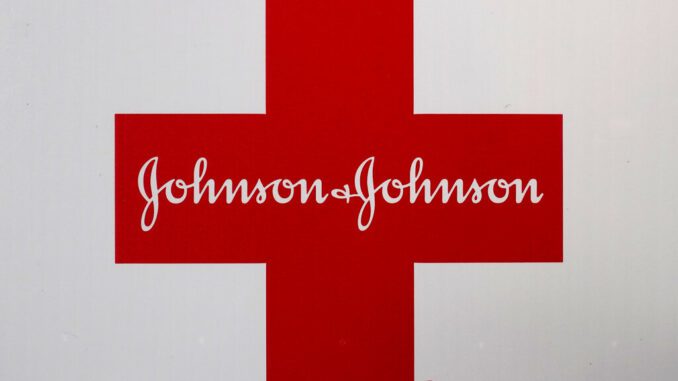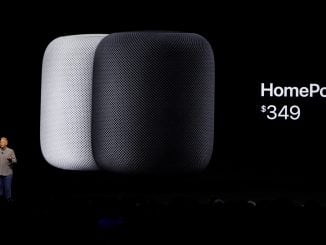
Johnson & Johnson is splitting into two companies, peeling off the division selling Band-Aids and Listerine from its medical device and prescription drug business.
The world’s biggest maker of health care products, founded in 1886, said Friday the move will help improve the focus and speed of each company to address trends in their different industries.
The company selling prescription drugs and medical devices — J&J’s two largest businesses — will keep the Johnson & Johnson name. That company sells treatments such as Darzalex, Erleada, Imbruvica, Stelara and Tremfya as well as medical devices for orthopedics and surgery.
The pharmaceutical arm also makes one of three COVID-19 vaccines currently approved for use in the United States.
The new consumer health company, which has yet to be named, will house brands including Neutrogena, Aveeno, Tylenol, Listerine, Johnson’s, and Band-Aid.
“Following a comprehensive review, the board and management team believe that the planned separation of the consumer health business is the best way to accelerate our efforts to serve patients, consumers, and healthcare professionals, create opportunities for our talented global team, drive profitable growth, and – most importantly – improve healthcare outcomes for people around the world,” CEO Alex Gorsky said in a statement.
Johnson & Johnson expects the split to occur in the next two years, if approved by the company’s board of directors.
Pharmaceuticals and medical devices pulled in a combined $19.6 billion in revenue in the company’s recently completed third quarter, which turned out better than analysts expected. Consumer health brought in $3.7 billion.
J&J is beginning its split as it also undergoes a leadership transition. The company said in August that Gorsky will step and be replaced in January by longtime company executive Joaquin Duato.
The split also comes as J&J deals with criticism from some Democrats in Congress over another corporate move. J&J is facing thousands of lawsuits claiming that its talc-based baby powder, which it has stopped selling in the U.S. and Canada, caused ovarian cancer.
U.S. Senators Dick Durbin of Illinois and Elizabeth Warren of Massachusetts, among others, recently sent a letter to the company asking for more information about a newly created subsidiary that filed for Chapter 11 bankruptcy protection.
The senators in a Nov. 10 letter called the move a “corporate shell game” that would shield the company from liability in those cases.
Company officials said Friday that their announcement was “separate and distinct” from the baby powder situation.
J&J’s announcement Friday comes just days after General Electric said that it plans to split into three separate companies.
It also follows similar moves by other large health care firms who sought to narrow their focus. Rival drugmaker Pfizer Inc. spun off its consumer health product business in 2019 to help create a joint venture with GlaxoSmithKline.
Another drugmaker, Merck & Co. Inc., slimmed down in June with a spinoff that combined its Organon women’s health unit with its businesses selling biosimilars, or near-copies of pricey biologic drugs, and off-patent former blockbusters like respiratory drugs Singulair and Nasonex.
Shares of New Brunswick, New Jersey-based Johnson & Johnson climbed more than 3% before the market opened. The company has been a component of the Dow Jones Industrial Average since 1997.



